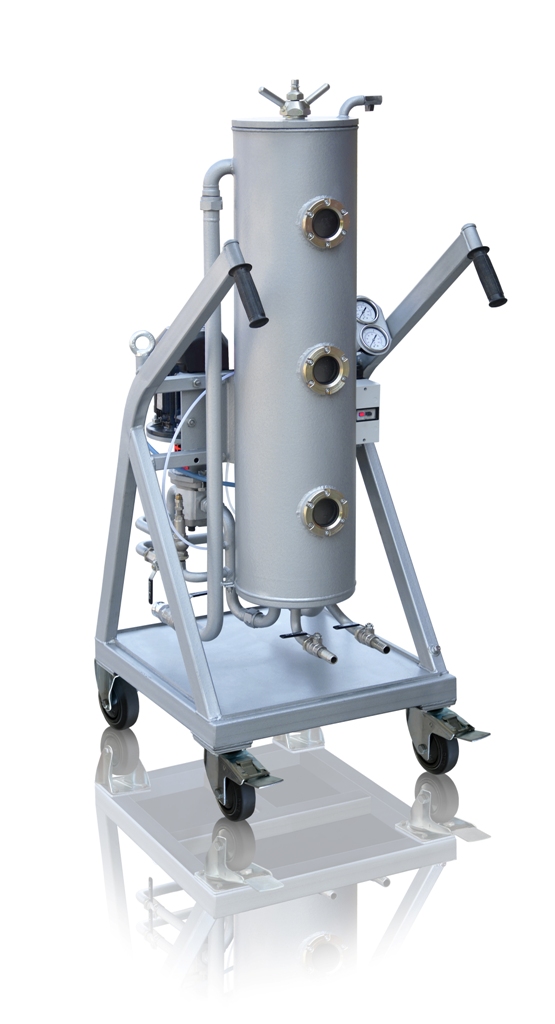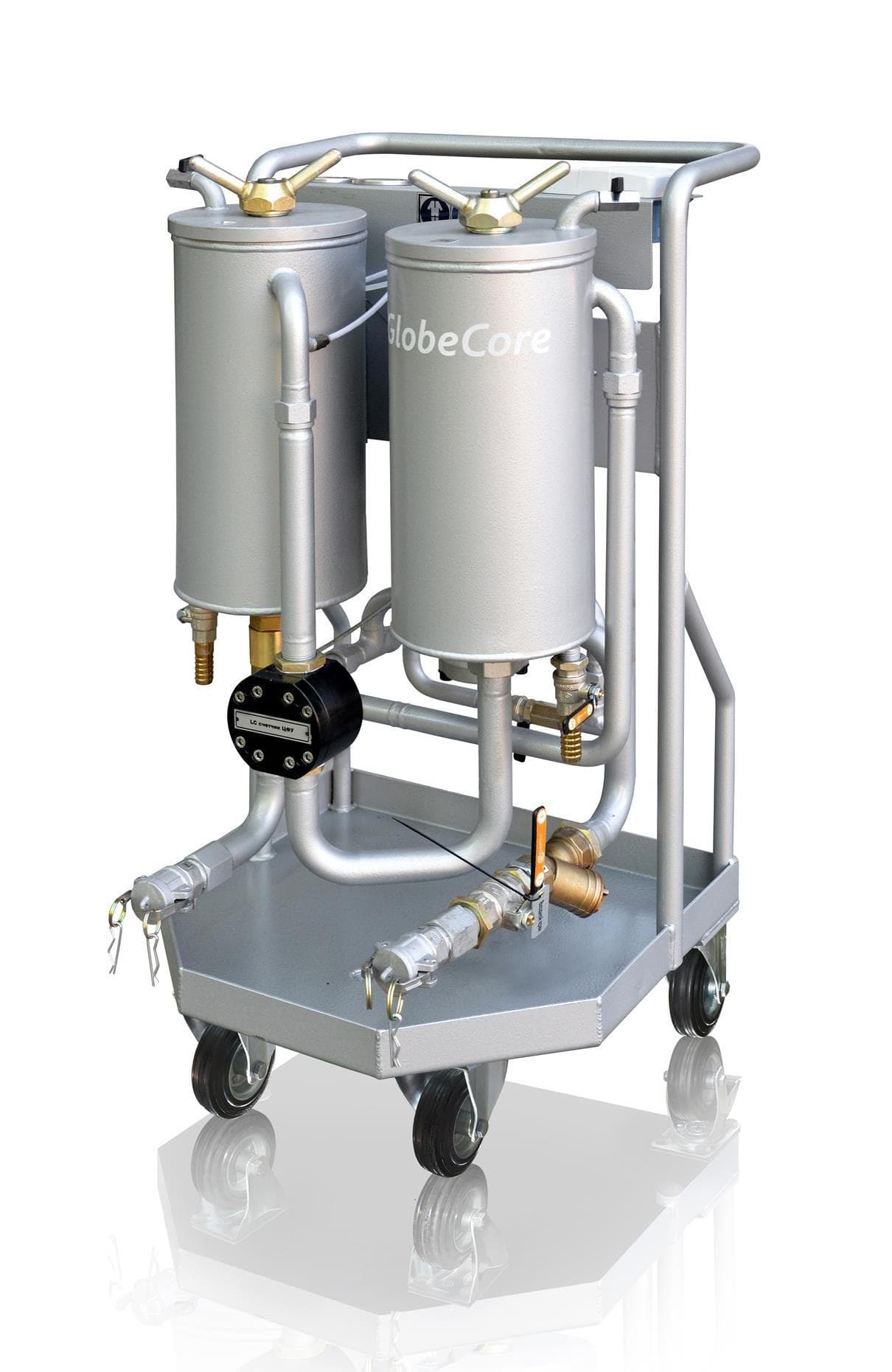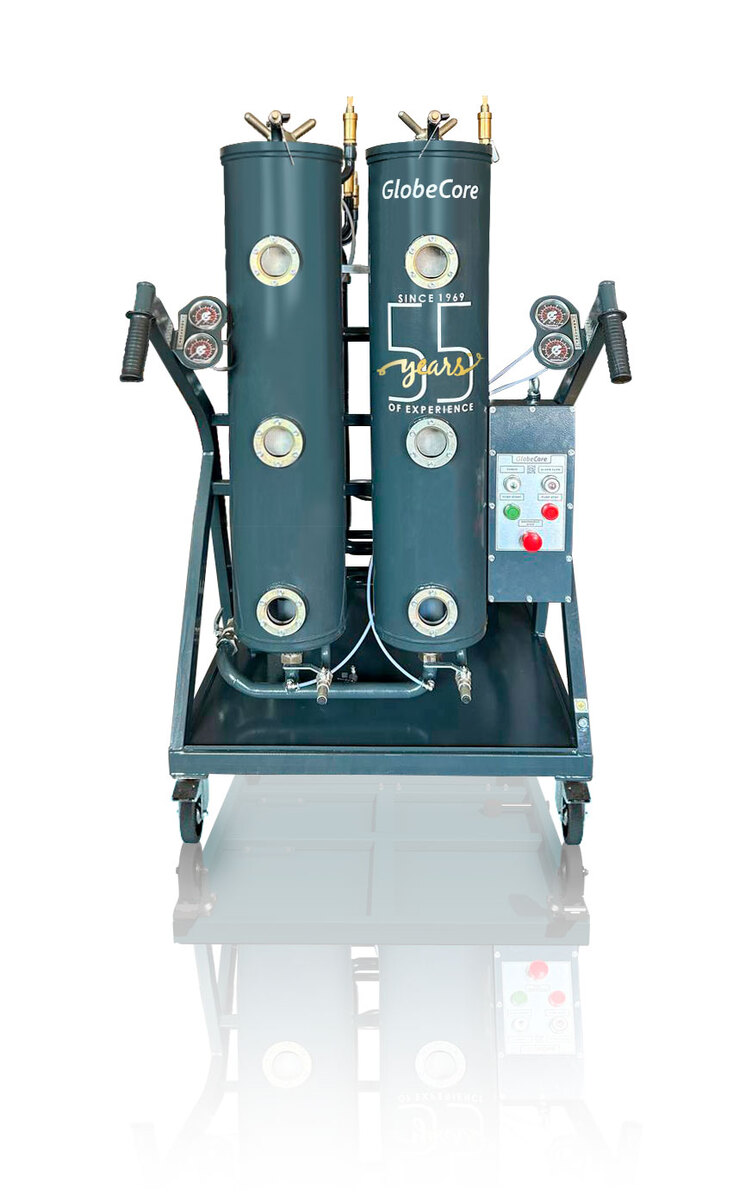What steps are involved in the cutting oil purification process?
- Este tópico contém 1 resposta, 2 utilizadores e foi actualizado pela última vez há 1 ano, 2 meses por .
Answers
-
Outubro 1, 2024 às 11:38 pm by Fatima Alhassan
The cutting oil purification process typically involves several key steps:
Pre-Filtration:
Coarse Filtration: Removes large particles and debris using mesh screens or coarse filters.
Settling Tanks: Allows heavier contaminants to settle at the bottom for removal.
Heating (if necessary):Temperature Adjustment: Heating the oil reduces viscosity, improving the efficiency of separation processes like centrifugation or filtration.
Centrifugation:Separation of Contaminants: Uses centrifugal force to separate particles, tramp oil, and other impurities based on density differences.
Fine Filtration:Mechanical Filters: Employs fine filters (cartridge or bag filters) to remove smaller particles down to sub-micron levels.
Magnetic Filtration: Extracts ferrous metal particles using powerful magnets.
Vacuum Dehydration (if water removal is required):Moisture Extraction: Removes water content by lowering the boiling point under vacuum conditions, causing water to vaporize.
Chemical Treatment:Additive Replenishment: Restores depleted additives such as anti-wear agents, corrosion inhibitors, or emulsifiers.
pH Adjustment: Balances the fluid’s acidity or alkalinity.
Microbial Control:Biocide Application: Introduces biocides to eliminate bacteria and fungi.
Filtration of Microbes: Removes microbial colonies through ultrafiltration.
Oil Skimming:Tramp Oil Removal: Uses skimmers to extract floating oils from the surface.
Final Inspection and Testing:Quality Assurance: Conducts tests for particle count, pH, concentration, and other parameters to ensure the oil meets required standards.
Return to Service:System Reintroduction: The purified oil is returned to the machining system for continued use.



